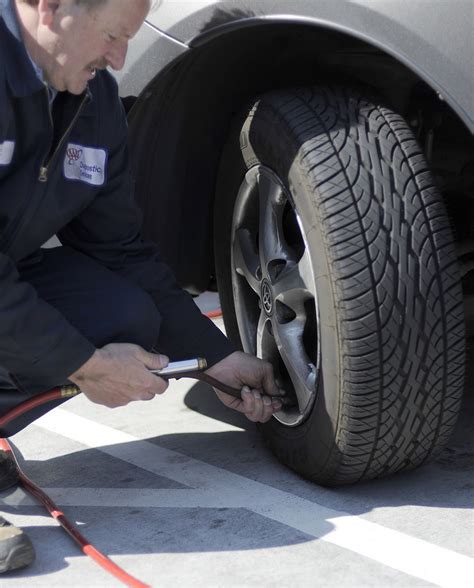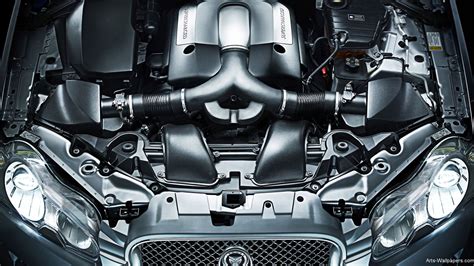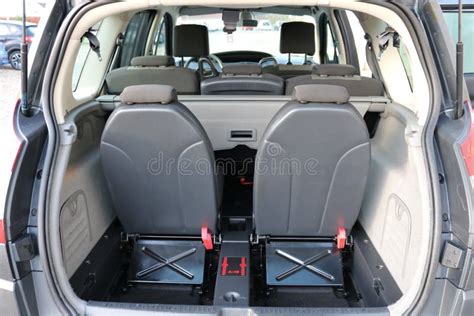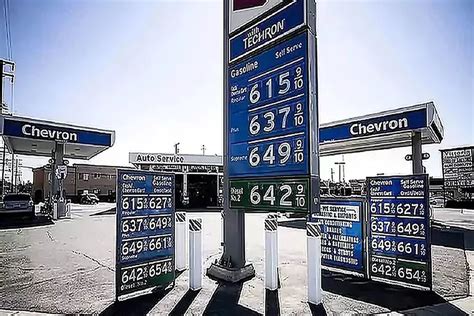Unlock Superior Fuel Efficiency: The Savvy Man’s Guide
For many men, a car isn’t just transportation; it’s a statement, a tool, and an investment. With fuel prices constantly fluctuating, getting the most miles per gallon (MPG) isn’t just about saving a few bucks—it’s about smart financial management and maximizing your vehicle’s performance. This isn’t about magic; it’s about disciplined car care and intelligent driving habits. Let’s delve into the car care secrets that will help you slash your fuel expenses and boost your MPG.

The Foundation: Regular Maintenance is Key
Think of your car as a high-performance athlete. Neglecting its basic needs will always lead to underperformance, especially when it comes to fuel consumption. Consistent, proactive maintenance is your first line of defense against high fuel bills.
Optimize Your Tires: The Grip on Savings
Your tires are the only part of your car that touches the road, and their condition profoundly impacts MPG. Under-inflated tires increase rolling resistance, forcing your engine to work harder and consume more fuel. Check your tire pressure at least once a month, including your spare. The correct pressure is usually found on a sticker inside your driver’s side door jamb or in your owner’s manual – not the maximum pressure listed on the tire itself. Properly inflated tires can improve gas mileage by up to 3%.

The Air You Breathe (Engine, Not You)
A clean air filter is crucial for efficient combustion. A clogged, dirty air filter starves your engine of oxygen, making it less efficient and increasing fuel consumption. Replacing a dirty air filter can improve your MPG by up to 10%. It’s a simple, inexpensive fix that yields immediate results.
Fluid Dynamics: Oil Changes and More
Engine oil reduces friction, allowing engine components to move smoothly. Old, dirty oil is less effective at this, making the engine work harder. Regularly changing your oil with the manufacturer-recommended grade (especially synthetic for modern engines) ensures optimal lubrication and fuel efficiency. Don’t forget other fluids like transmission fluid; ensuring they are at proper levels and in good condition also contributes to overall vehicle efficiency.

Master Your Driving Habits
Even the most meticulously maintained vehicle can be a gas guzzler if driven inefficiently. Your driving style has a massive impact on your fuel economy.
Smooth Operator: Avoid Aggressive Driving
Rapid acceleration, hard braking, and speeding are major fuel killers. Aggressive driving can lower your gas mileage by 15% to 30% at highway speeds and 10% to 40% in stop-and-go traffic. Practice smooth acceleration and deceleration, anticipate traffic, and maintain a steady speed. Using cruise control on highways helps maintain a consistent speed, preventing unnecessary acceleration and deceleration.
Shedding Unnecessary Weight
Every extra pound your car carries requires more fuel to move. Clear out your trunk and back seat of unnecessary items. Tools, sports equipment, or old boxes add up. For every 100 pounds of excess weight, your MPG can drop by about 1%. While this might seem small, over time and distance, it makes a difference.
Aerodynamics Matter: Ditch the Drag
Roof racks, cargo carriers, and even driving with windows down at highway speeds create aerodynamic drag, forcing your engine to work harder. If you don’t need your roof rack, take it off. At highway speeds, the drag from an empty roof rack can reduce fuel economy by as much as 10-25%. Similarly, keep windows up on the highway and use your AC sparingly (or strategically).

Advanced Tactics & Overlooked Details
Check Engine Light – Don’t Ignore It
That little orange light on your dashboard is not just a suggestion; it’s a warning. Often, a lit check engine light can indicate a problem that is negatively affecting your fuel economy, such as a faulty oxygen sensor or a loose gas cap. Addressing these issues promptly can restore your MPG and prevent more costly repairs down the line.
Fuel Quality and Octane
Stick to the octane level recommended by your manufacturer. Higher octane fuel (premium) is only necessary if your car’s engine is designed for it; otherwise, you’re just wasting money. Modern engines are designed to optimize efficiency with the correct fuel. Using a quality fuel brand can also help keep your fuel system clean.

Conclusion: Drive Smarter, Not Harder
Maximizing your MPG and slashing fuel expenses isn’t about grand gestures; it’s about a consistent commitment to smart car care and conscious driving habits. By integrating these secrets into your routine—from diligent tire checks to smoother driving—you’ll not only save a significant amount of money but also extend the life and performance of your vehicle. Drive smarter, gentlemen, and watch your fuel savings grow.




